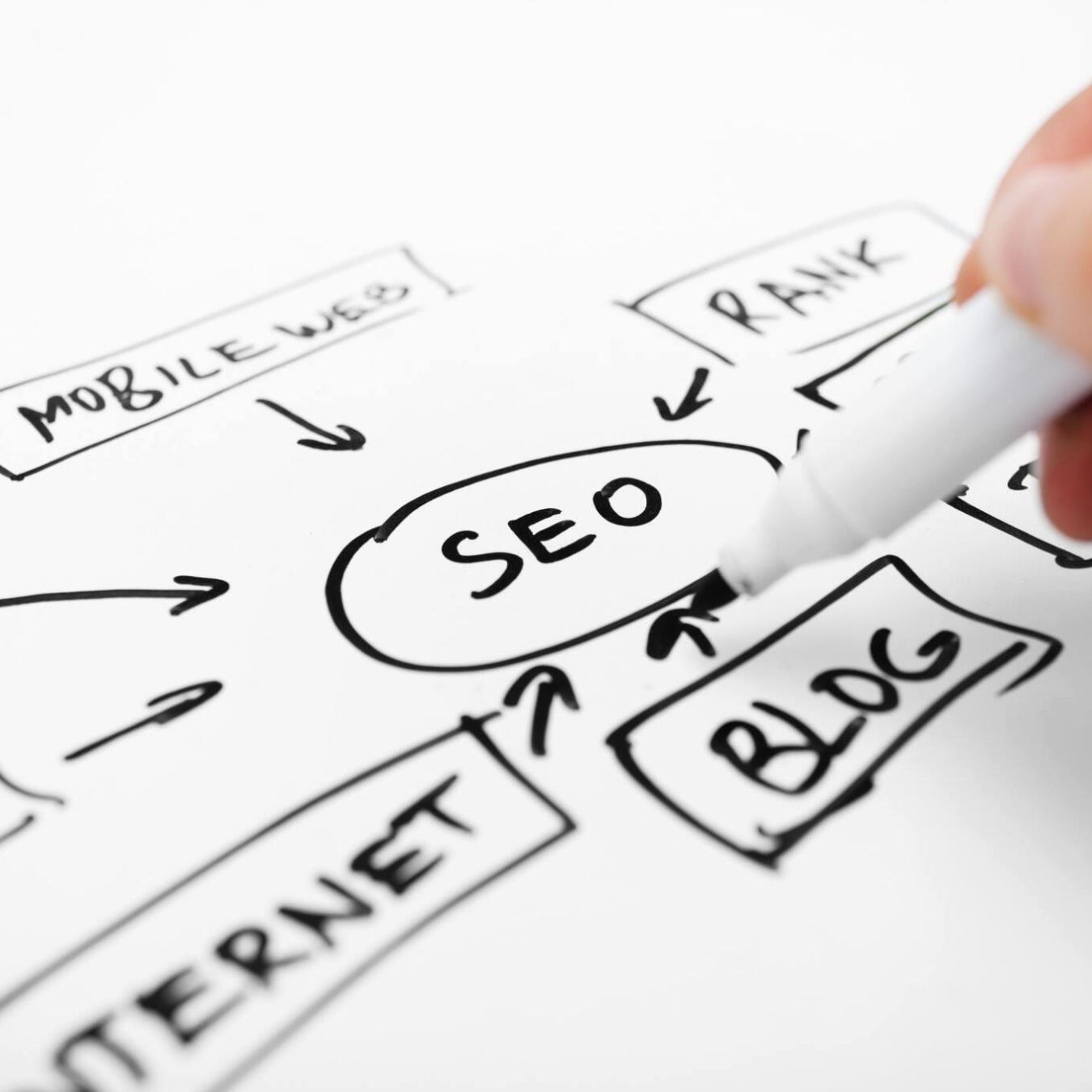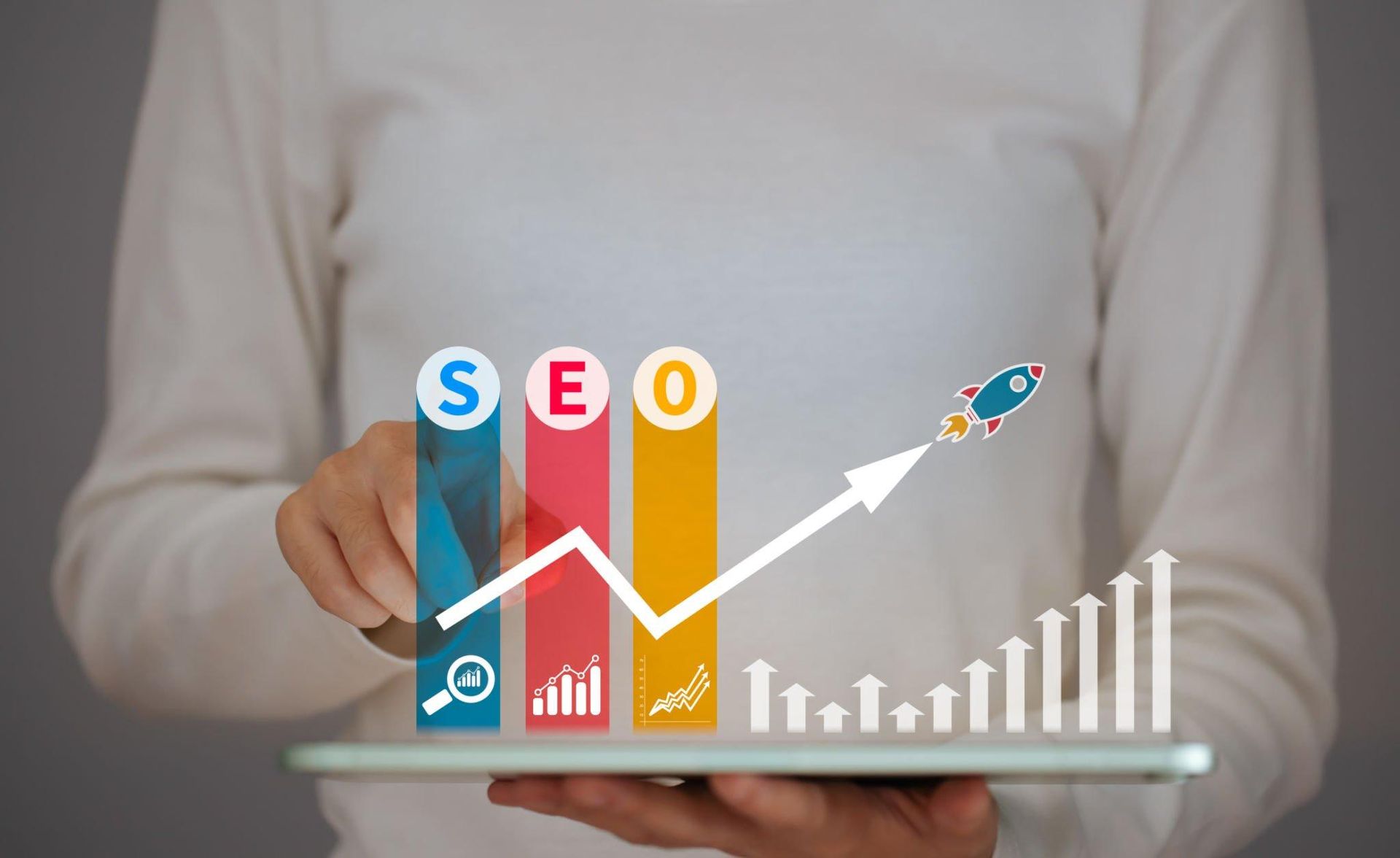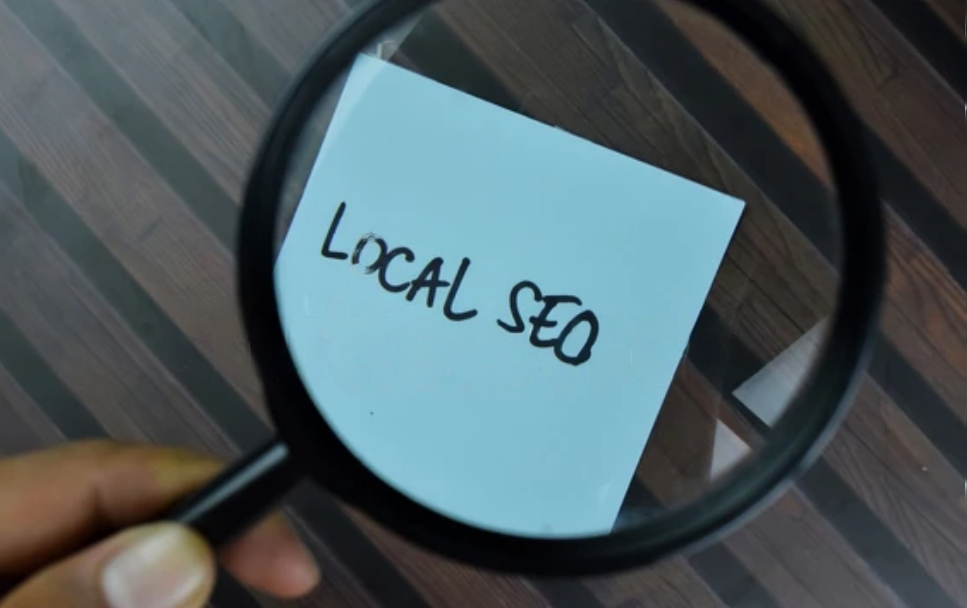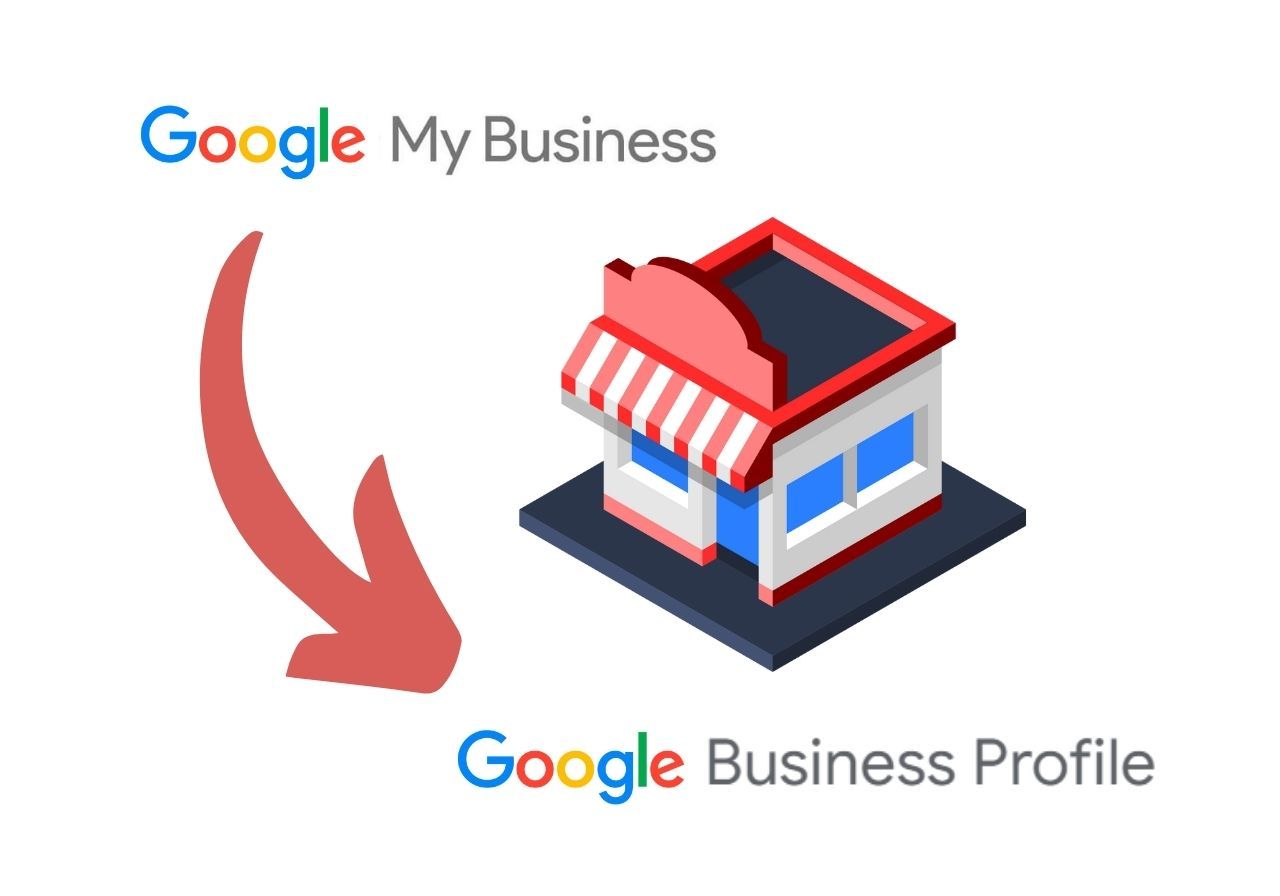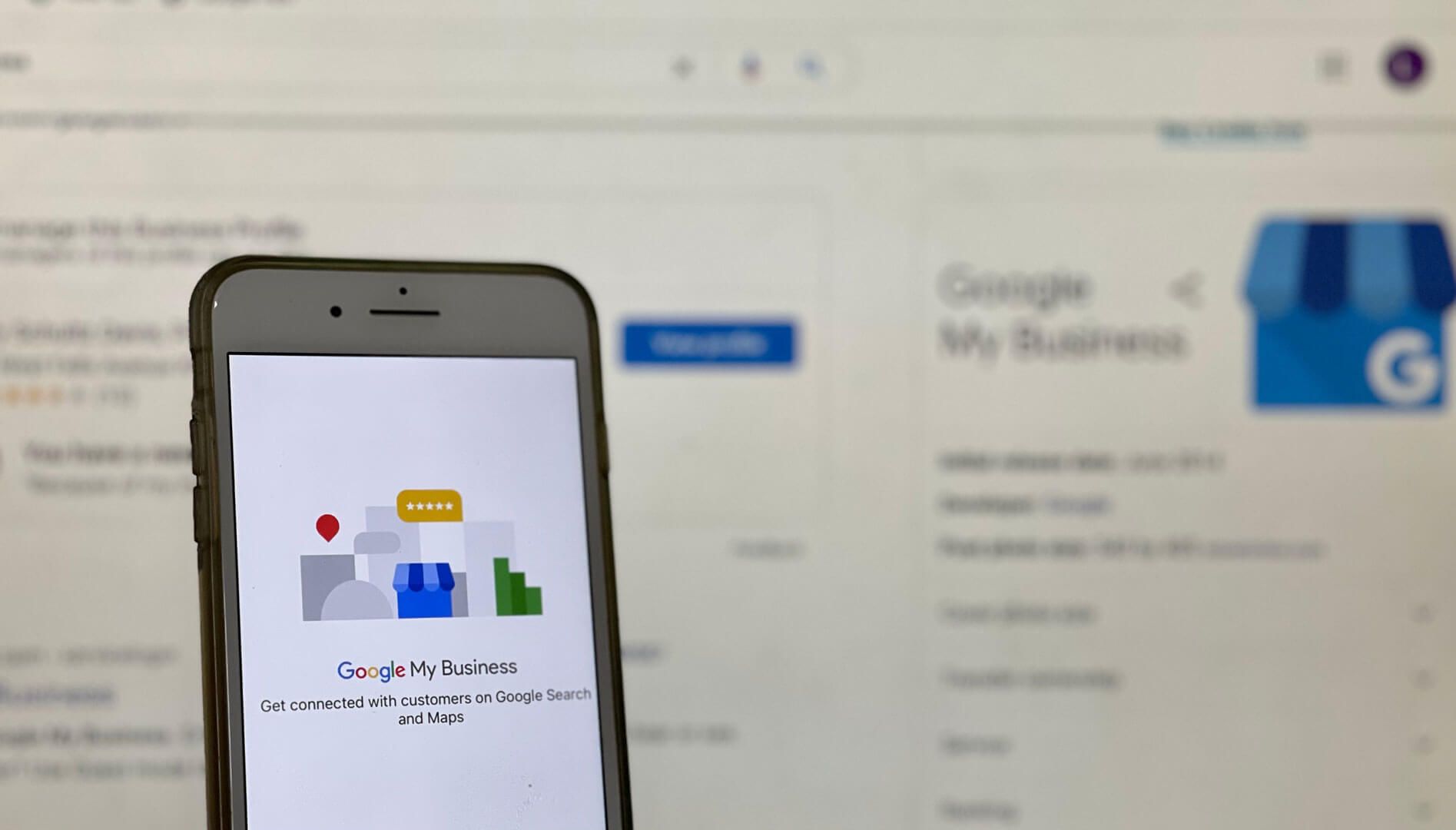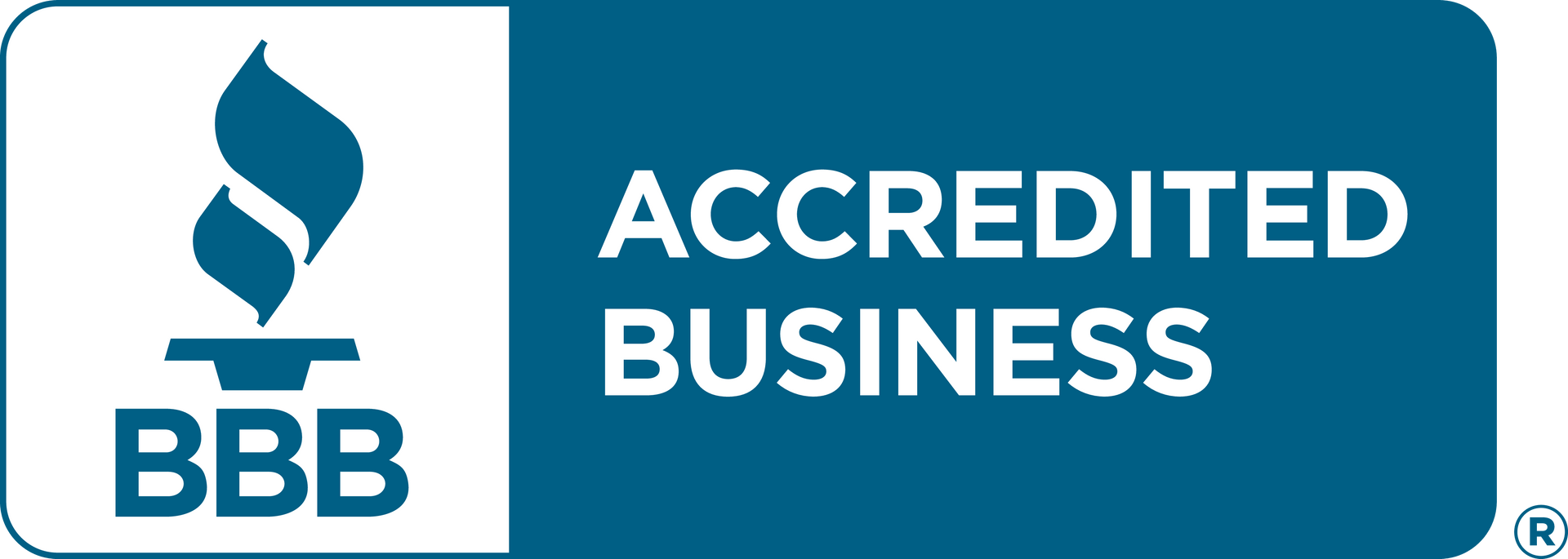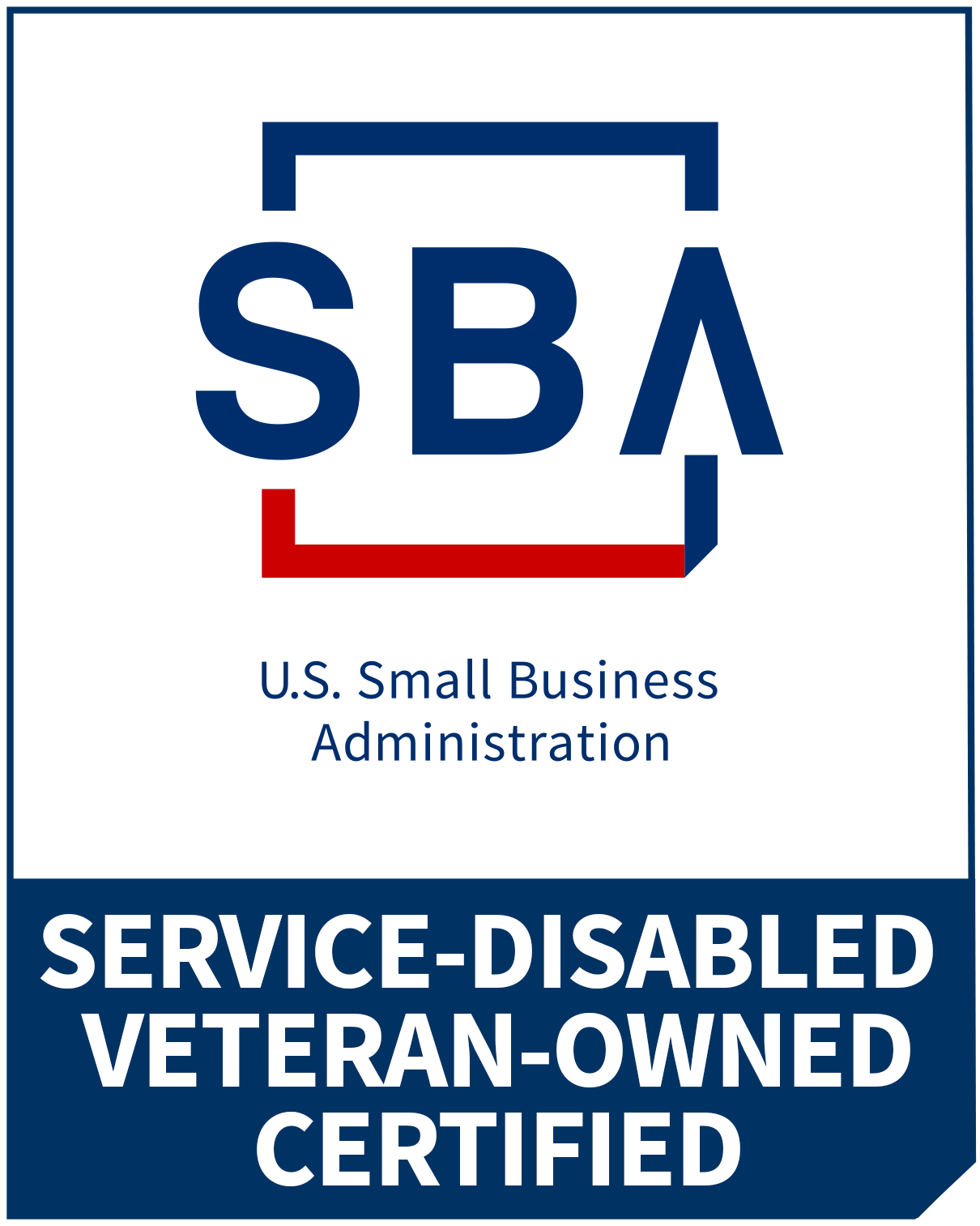Why You Should Do PPC Marketing for your Business
Fellow marketers, let's have an open conversation. How well do we truly grasp the realm of paid advertising? It's time to assess our knowledge on a scale of 1-10.
Despite the fact that 45% of small businesses engage in some form of online advertising, pay-per-click remains a somewhat enigmatic concept for many.
For marketers, having a solid understanding of PPC is essential, if not mandatory. This guide aims to provide a comprehensive understanding of pay-per-click marketing. We'll start by exploring the advantages of paid advertising and then delve into crucial definitions that are fundamental to mastering this domain.
PPC, also known as pay-per-click, is an advertising method where you pay a fee to have your website appear on the search engine result page (SERP) when users enter certain keywords or phrases into the search engine. Your ads will be displayed on the SERP, guiding potential visitors to your website, and the cost you incur is determined by the number of clicks your ad receives.
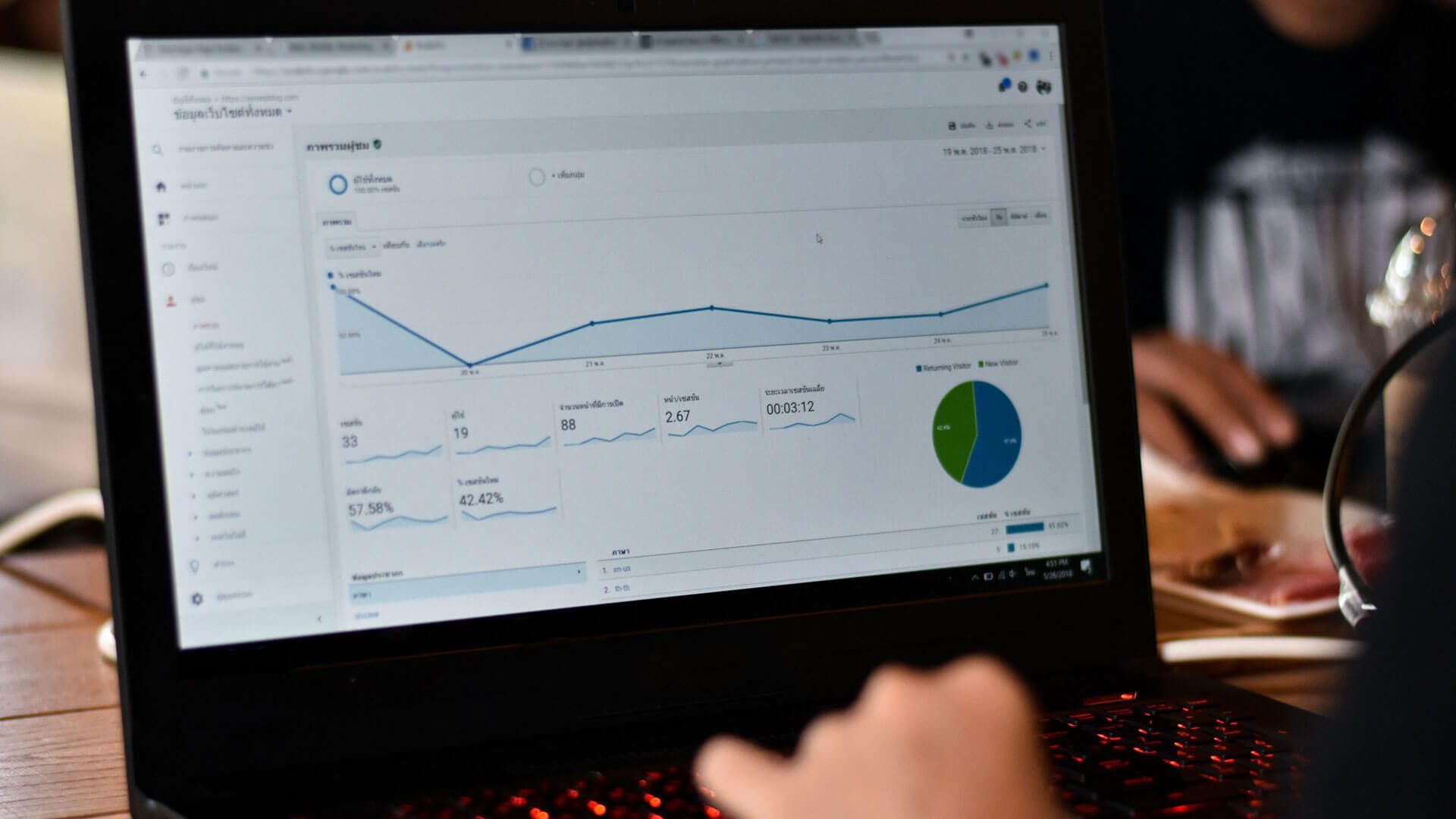
Benefits of PPC
Immediate Results
The primary benefit of
PPC advertising lies in its capacity to provide instant outcomes. Once your PPC campaign is established and authorized, your ads become visible on pertinent search engine result pages or various online platforms without delay. This prompt visibility enables your business to swiftly connect with potential customers actively seeking products or services similar to what you offer, resulting in immediate website traffic and potential leads.
Targeted Marketing
PPC provides businesses with precise targeting options, allowing them to connect with their ideal audience more effectively. By choosing specific keywords, demographics, locations, interests, and even devices, businesses can tailor their ads with great precision. This fine-grained approach ensures that their advertisements are directed at the most relevant potential customers, significantly increasing the chances of attracting clicks and driving conversions.
Measurable ROI
Unlike traditional advertising methods, PPC provides comprehensive and quantifiable insights into the performance of your campaigns. Utilizing diverse analytics tools, businesses can monitor metrics such as clicks, impressions, conversions, and overall Return on Investment (ROI). This level of transparency empowers businesses to make well-informed decisions based on data and enables them to fine-tune their campaigns for optimal effectiveness.
Budget Control
PPC provides businesses with full authority over their advertising budget. Setting daily or monthly spending limits ensures that there is no overspending on ads. This adaptability enables businesses to make budget adjustments according to their campaign's performance, ultimately optimizing returns and minimizing any unnecessary expenses.
Increased Brand Exposure
Even if users don't click on your ads, the continuous display of your brand name and message helps in building brand awareness. Regular exposure to your brand enhances the likelihood of potential customers selecting your business when they decide to make a purchase. This increased visibility fosters brand loyalty and facilitates lasting engagement with customers over time.
Geo-Targeting Capabilities
PPC provides businesses with a local or regional focus the ability to utilize geo-targeting features, customizing their ads for specific geographic locations. This aspect proves particularly beneficial for businesses with physical stores or service areas as it aids in attracting relevant local customers and boosting foot traffic.
A/B Testing and Optimization
With PPC platforms, businesses can conduct A/B testing, running various ad variations simultaneously to identify the most effective ones. Analyzing the outcomes allows you to continuously enhance your ad copy, design, and targeting tactics, optimizing your campaign performance over time.
Competitive Advantage
This marketing strategy can also provide a crucial edge over competitors. With a well-optimized campaign, you can outperform rivals and secure top positions on search engine result pages, gaining higher visibility and increasing your chances of attracting customers away from competitors.
Flexibility and Speed
PPC campaigns can be quickly adapted and modified to respond to changing market conditions, trends, or business goals. This agility allows businesses to stay relevant and maintain competitiveness in dynamic industries.
Complementary to SEO
While
SEO (Search Engine Optimization) is vital for organic long-term growth, PPC can work in synergy with SEO efforts. PPC can be used to bridge the gap while waiting for organic rankings to improve, providing immediate visibility and traffic to the website.
PPC advertising has become an indispensable tool for businesses to reach their target audience, drive growth, and achieve their objectives. While managing PPC campaigns can be a challenging task, partnering with a specialized
PPC agency in Orlando empowers businesses to harness the full potential of PPC advertising. From expert knowledge and cutting-edge tools to optimized strategies and continuous monitoring, a PPC agency brings a wealth of benefits that ultimately lead to higher returns, increased brand visibility, and sustained business growth.

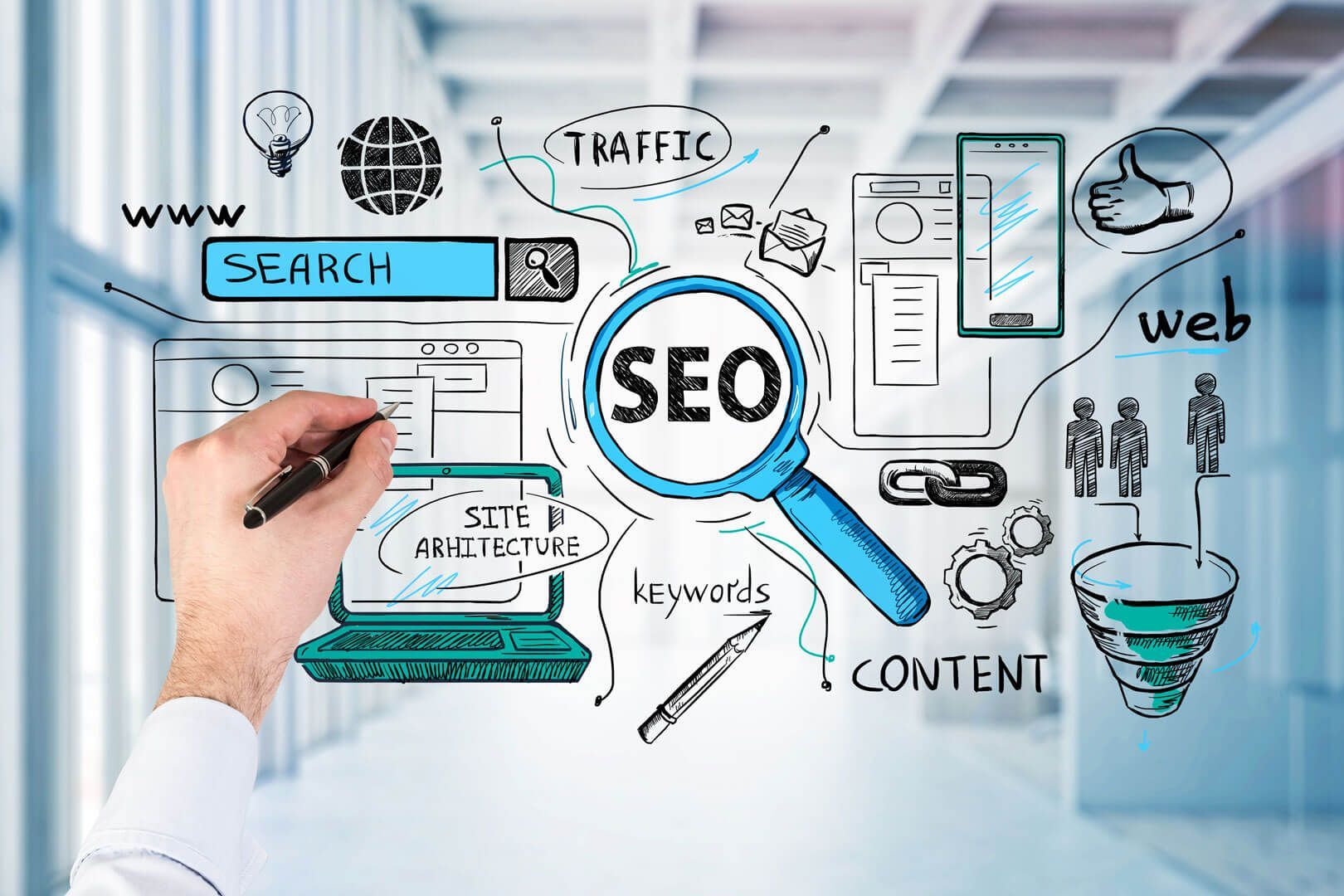
Request A Free Quote
We will get back to you as soon as possible.
Please try again later.

2023 © Triple A SEO | Privacy Policy

